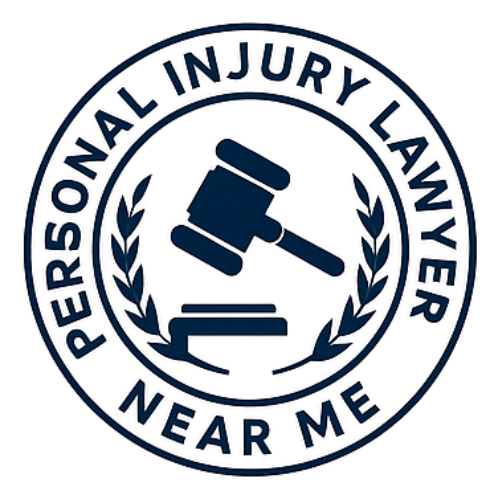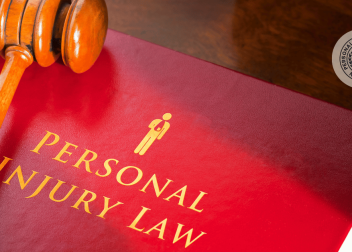Accidents happen—sometimes with life-altering consequences. Whether it’s a car crash, a slip-and-fall, or a workplace injury, knowing when to hire a personal injury lawyer can mean the difference between fair compensation and financial strain. But how do you determine when legal help is necessary?
This guide breaks down the key scenarios where hiring a personal injury attorney is essential, what to expect from the process, and how to choose the right lawyer for your case.
Key Situations Where You Need a Personal Injury Lawyer
Not every injury requires legal intervention, but certain circumstances demand professional representation. Here’s when you should strongly consider hiring a lawyer:
1. Severe or Long-Term Injuries
If your injury results in significant medical bills, long-term disability, or chronic pain, an attorney can help maximize your compensation. Insurance companies often downplay serious injuries, but a skilled lawyer can prove their full impact.
2. Disputed Liability (When Fault Is Unclear)
If the other party denies responsibility—or worse, blames you—a lawyer can gather evidence (police reports, witness statements, medical records) to establish fault. Without legal help, you risk accepting an unfair settlement.
3. Multiple Parties Involved
Cases involving several at-fault parties (e.g., a multi-car accident or a construction site injury with multiple contractors) require legal expertise to navigate liability laws and ensure you’re compensated fairly.
4. Insurance Company Bad Faith Tactics
Insurers often delay, undervalue, or outright deny valid claims. If an adjuster pressures you to settle quickly or disputes your medical treatment, a lawyer can fight back.
5. Wrongful Death Claims
Losing a loved one due to someone else’s negligence is devastating. A personal injury attorney can help surviving family members pursue a wrongful death lawsuit to cover funeral costs, lost income, and emotional suffering.
6. High-Stakes Settlements or Trials
If your case involves substantial damages (e.g., permanent disability, lost earning capacity), hiring a lawyer ensures you don’t leave money on the table. Most attorneys work on a contingency fee basis, meaning you only pay if they win.
When You Might Not Need a Lawyer
Minor injuries with clear liability and low medical costs (e.g., a minor fender-bender with no injuries) may not require legal help. However, always consult a lawyer if:
- The insurance offer seems too low.
- You’re unsure about the long-term effects of your injury.
- The other party is uncooperative.
How a Personal Injury Lawyer Can Help
A skilled attorney does more than file paperwork—they build a strong case to secure the best possible outcome. Here’s what they handle:
| Task | Why It Matters |
|---|---|
| Investigating the accident | Gathers evidence (photos, witness statements, accident reconstruction) to prove fault. |
| Negotiating with insurers | Prevents lowball offers and ensures fair compensation. |
| Calculating full damages | Accounts for medical bills, lost wages, pain and suffering, and future expenses. |
| Filing a lawsuit if needed | Takes the case to court if a settlement can’t be reached. |
How to Choose the Right Personal Injury Attorney
Not all lawyers are equal. Look for:
- Experience with similar cases (e.g., car accidents, medical malpractice).
- Strong trial record (many firms settle quickly—you want someone willing to fight in court).
- Transparent fees (most work on contingency, charging around 30-40% of the settlement).
Check the American Bar Association’s lawyer directory for a trusted legal resource or read client reviews on Avvo.
Final Thoughts: Don’t Wait Too Long
Every state has a statute of limitations (usually 1-3 years) for filing injury claims. The sooner you consult a lawyer, the stronger your case will be.
If you’ve been injured due to someone else’s negligence, schedule a free consultation with a reputable personal injury attorney today. Your future financial and physical well-being may depend on it.
Have you dealt with an injury claim before? Share your experience in the comments—your insights could help others navigate the legal process.



